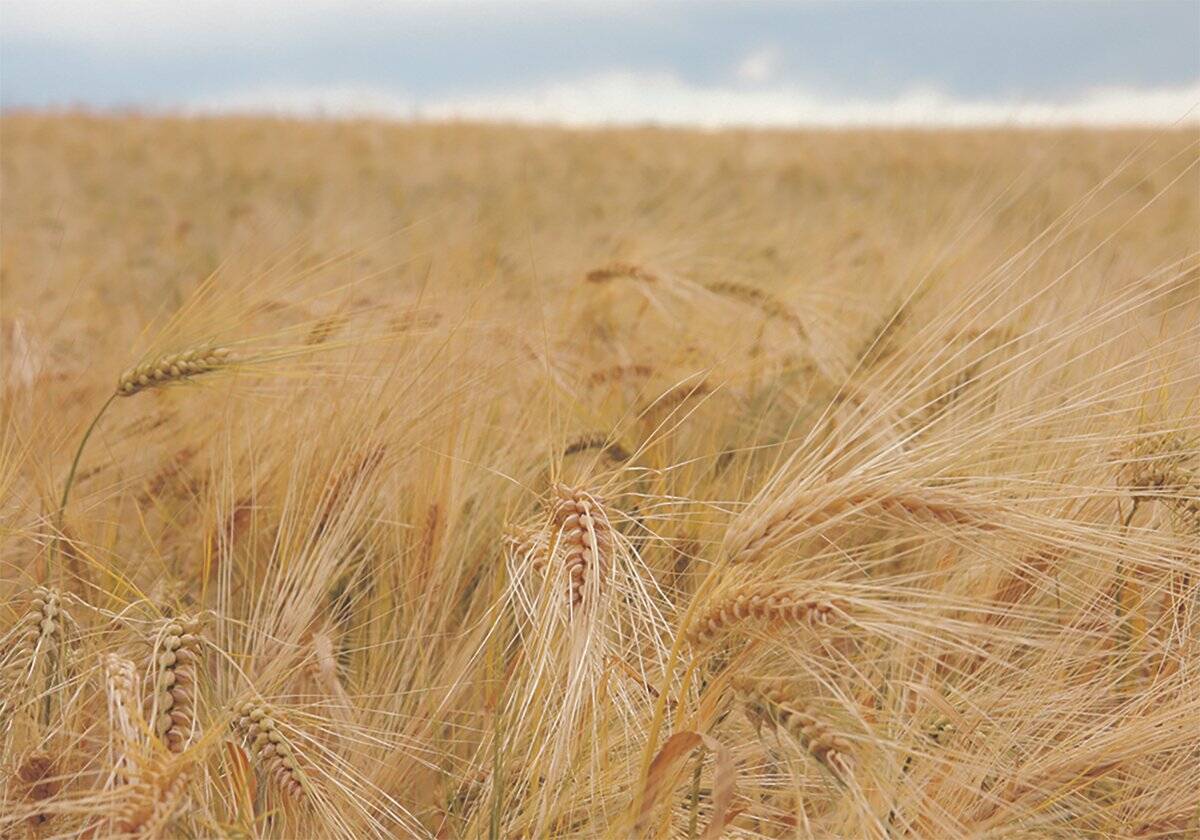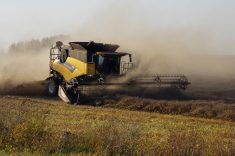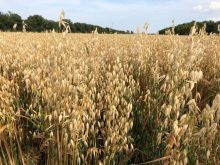In his latest Call of the Land weekly interview, Alberta Agriculture pest specialist Scott Meers has mostly good news on insect pressure in the province.
Meers says four weeks into the six-week monitoring period for bertha armyworms, trap counts are “really low” with one exception in the Fort Vermilion area. He cautions that there could still be a late-season spike.
Diamondback moth numbers are similarly low — “We’re really not getting calls on diamondback this year.”
Read Also

Feed Grain Weekly: Barley still the king of Canadian feed grains
Brandon Motz of CorNine Commodities in Lacombe, Alta. said barley is still the preferred feed grain of choice here and abroad.
Meers says producers in the Strathmore/Standard area are spraying for wheat midge but many crops, particularly those seeded early, are past the susceptible stage and spraying is not necessary or advisable.
There have been calls about aphids in lentils but Meers says thresholds are not well established and that a careful assessment should be made to determine if it is worthwhile spraying.
However, in his interview, Ag Info Centre specialist Harry Brooks reports “a lot of leaf disease” in cereals, and recommends careful scouting. “There is the potential there for a very good crop, but leaf diseases could steal that yield away from us.”
He says not to wait until the crop looks yellow, and to get out and scout to find which disease is present and to take control measures if necessary, particularly if it’s attacking the flag leaf or penultimate leaf. He says stripe rust prevalent in southern Alberta can spread up the plant very quickly.
“If you guys turn your back you could lose that yield potential and instead of having a 70-or 80-bushel crop you could have 30 or 40 bushels.”
Brooks also sees potential for heavy sclerotinia infestation in canola, especially in fields with tight rotations. “I can see sclerotinia being a very nasty surprise when harvest comes this fall.”














